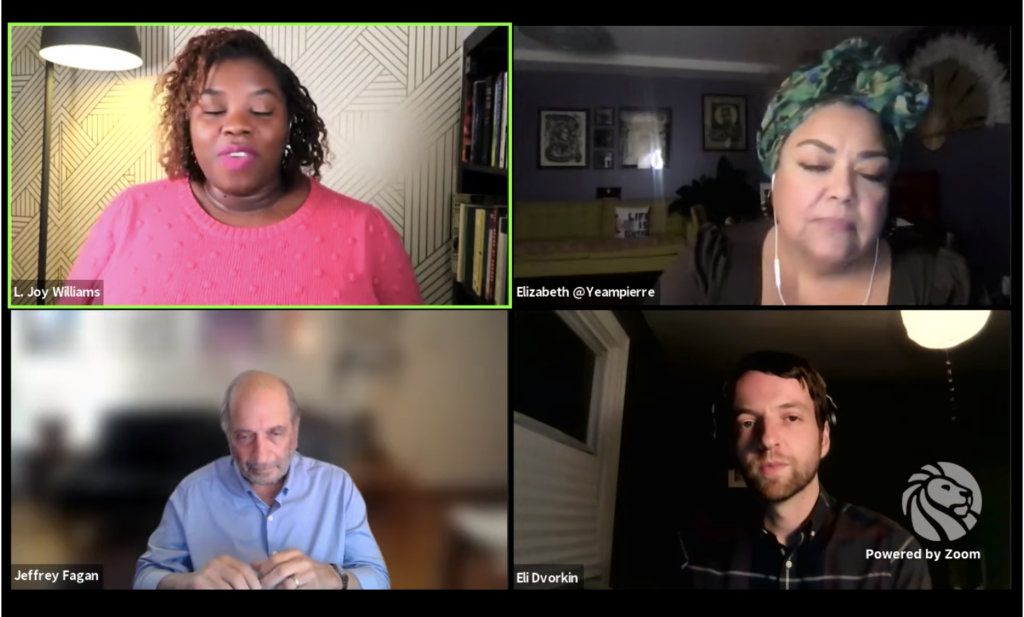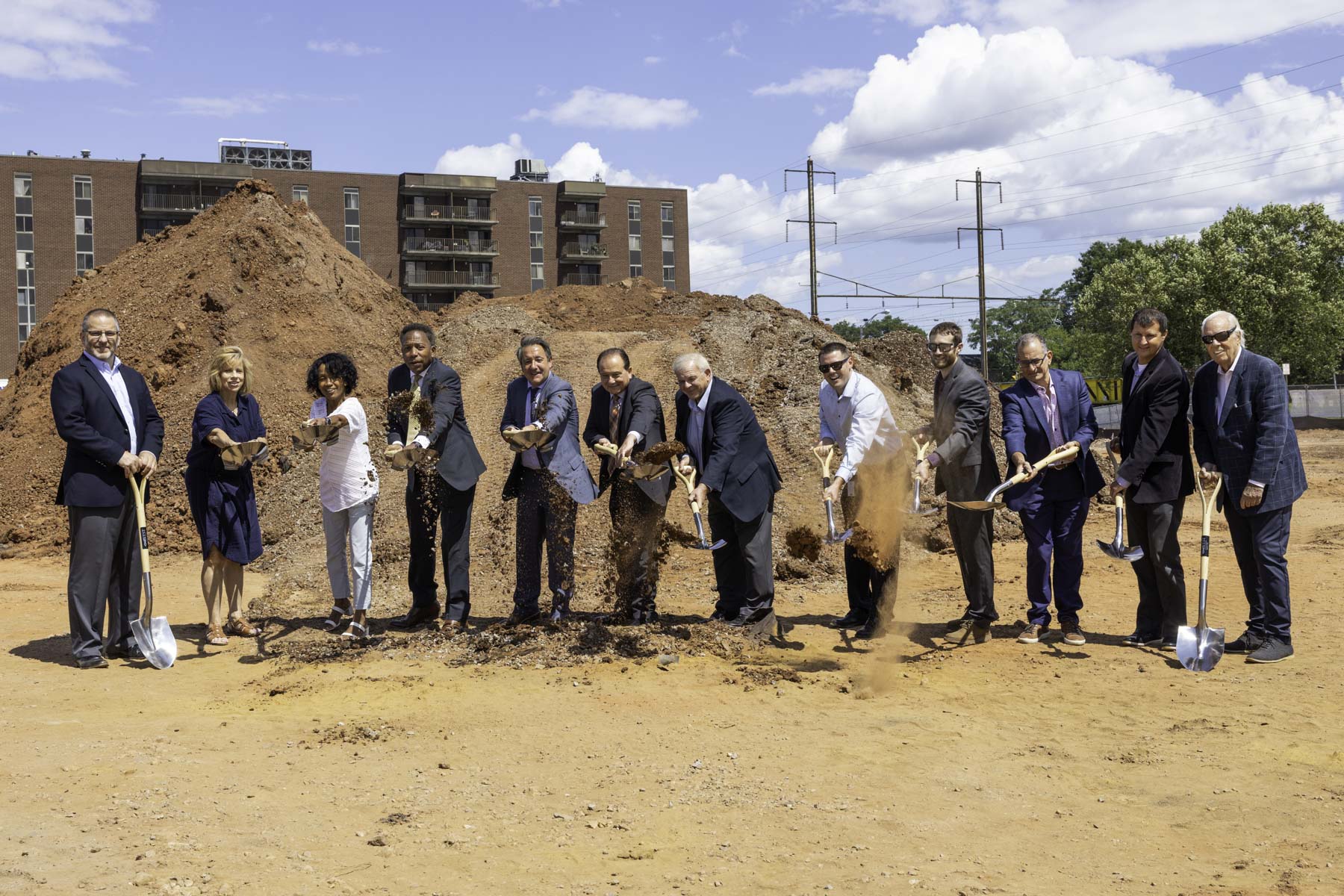(NEW YORK) What do real New Yorkers think the new mayor will do for the city? What are their biggest fears? On Thursday night, four New Yorkers discussed the future administration along with their own hopes and fears.
On Nov. 4, New Yorkers elected a new mayor, Eric Adams. Adams, a Democrat, held a strong view on policing, supporting an increased police presence to combat rising violent crime in the city.
Mayor-elect Adams’ views on policing struck a chord in the criminal justice, education, and environmental sectors according to panelists on a New York Public Library special that aired online Thursday night. The panel, called “NYC After the Election,” focused on what a diverse group of panelists hoped would come from the city’s mayor-elect.
Moderated by L. Joy Williams, president of the Brooklyn NAACP, the panel featured Eli Dvorkin, editorial and policy director for the Center for an Urban Future; Elizabeth Yeampierre, co-chair of the Climate Justice Alliance; and Jeffrey Fagan, director of Columbia University’s Center for Crime, Community, and Law. The panelists spent much of their time discussing what the increased police presence Adams supported during the campaign would mean for the city.
“The mayor talking about extreme policing is concerning to us,” Yeampierre said. ”We are concerned about our children when they walk outside. Not because they’re going to be shot by someone in the neighborhood but because the police officer may not be having a good day.”
As the world begins to see more extreme climate crises, Yeampierre cautioned against the increase in police in Black and brown neighborhoods after a natural disaster when martial law could be declared.
In fact, when Adams was president of Brooklyn Borough, he shut down climate activists’ protests, something Yeampierre fears he may do more of while in office but on a larger scale.
“Social justice activists across the city are bracing themselves for a mayor who is going to take us back in time,” Yeampierre said.
In the years since “Stop and Frisk” ceased, crime rates across the country have gone down, not just in New York City. According to Fagan, the violence is due to guns on the street, something ‘Stop and Frisk” never actually helped.
“One of the things we learned about the stop and frisk regime is that they weren’t good at getting rid of guns,” Fagan said.
Policing wasn’t the only thing on panelists’ minds. Jobs were a key motivator for all three panelists.
According to Dvorkin, 3.6 million jobs exist in the private sector throughout the city which is the lowest number since 2014. That’s 500,000 fewer jobs than February 2020. Plus, a 9% city unemployment rate is making it more difficult for Black and brown New Yorkers, he said.
Traditional job fields are losing jobs while industries like tech are gaining jobs at increasing speed leaving immigrants and the uneducated at risk of becoming unemployed as low-paying jobs are lost, he continued.
“Looking at where those jobs were lost, it’s not equal,” he said.
All the panelists agreed that the mayor-elect has a long way to go before settling into the job.


